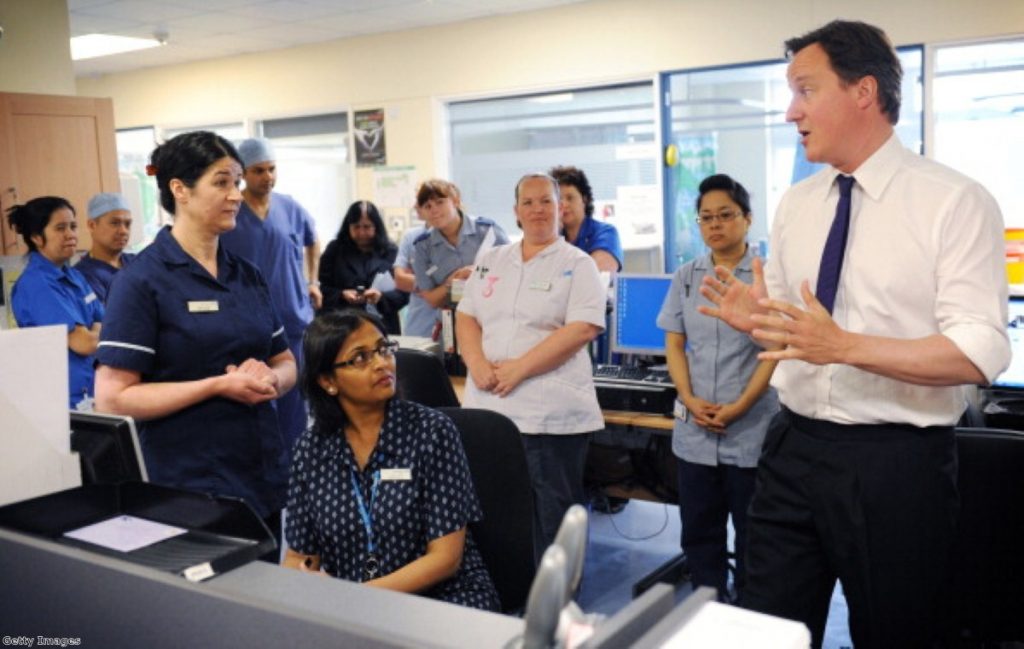Cameron cannot win his fight with the unions
David Cameron is desperate for a fight with the unions. It is a fight he cannot win.
As workers across the country go out on strike today, Cameron is loudly calling for new laws which would severely restrict their rights to ever do so again. This is a major strategic error.
The prime minister came of age in the 1980s when there arguably was a fight worth having with the unions.
After years of crippling strikes, blackouts and rubbish on the streets, large sections of the public had become deeply dissatisfied with union members and their leadership. Those days have long gone. A new poll out today shows that where Thatcher won, Cameron is likely to lose.


Asked whether the government were unfairly targeting public sector workers, almost half of voters agreed. Sixty-one per cent also agreed that workers have a right to strike this week and a majority agreed that workers should see their pay increased rather than cut.
But it was the public's differing attitudes towards public sector workers and the government which really shows why Cameron is so wrong to pick this particular fight.
Asked who they trusted to tell the truth about public services, just 15% said either the government or the media. More than double as many said they trusted trade unions. Other polls have shown the same, with doctors, nurses and teachers among the most trusted professions and politicians and journalists among the least.
Cameron has been reassured by the government's success in the battle over public sector cuts. But while the public were convinced of the need for some cuts following a recession, they are far less likely to be convinced by the need for a protracted and ideological fight over restricting union rights.
The former looked necessary, the latter looks vindictive.
There are over five million public sector workers in the UK and many millions more who know them, respect them and rely on them. It was the Conservatives' failure to win these people over that cost them a majority at the last election. Cameron should have spent his time trying to win back at least some of those he failed to convince last time. Instead he has just alienated them further.
In the run up to 2010 the Conservatives held a narrow one per cent lead among all teachers. By the end of last year that had been converted to a 41% deficit. Among all public sector workers, just 16% now say they plan to vote Conservative. This is not a position from which Cameron can hope for victory.
Cameron cannot win the next election by re-running the fights of the 80s. The UK has moved on since then. He should move on as well.









